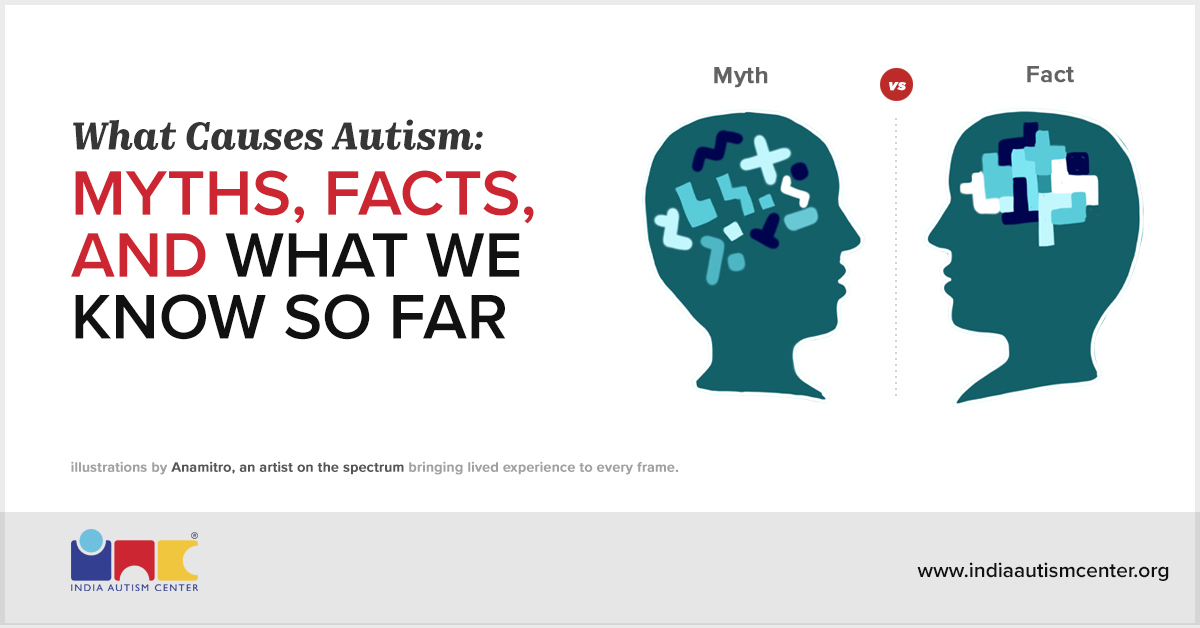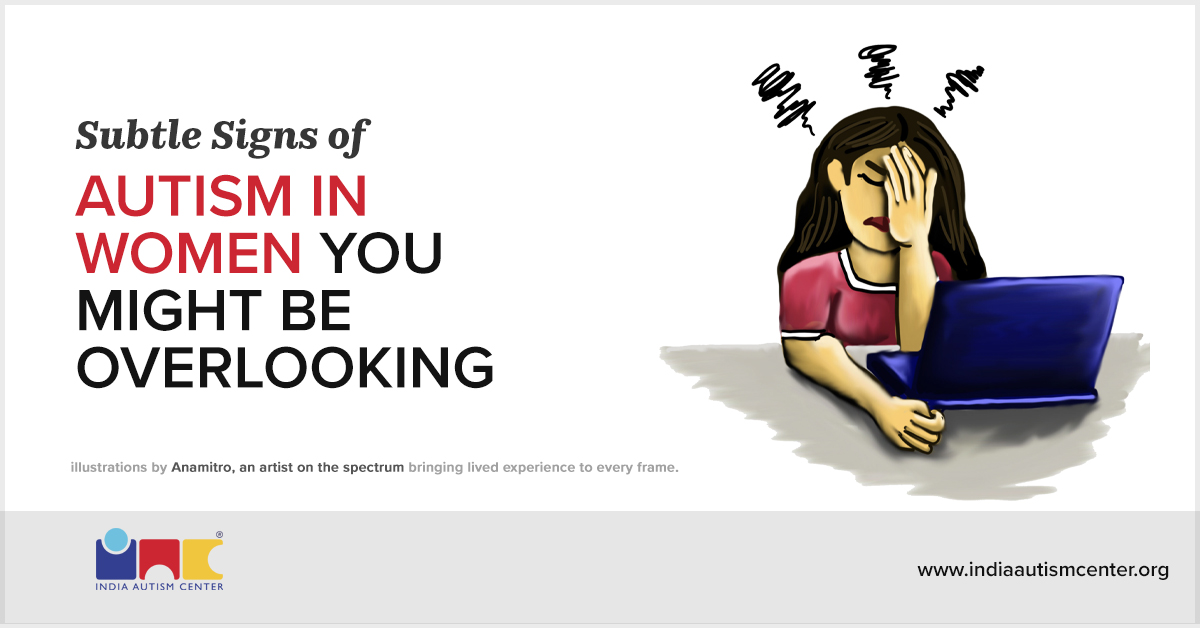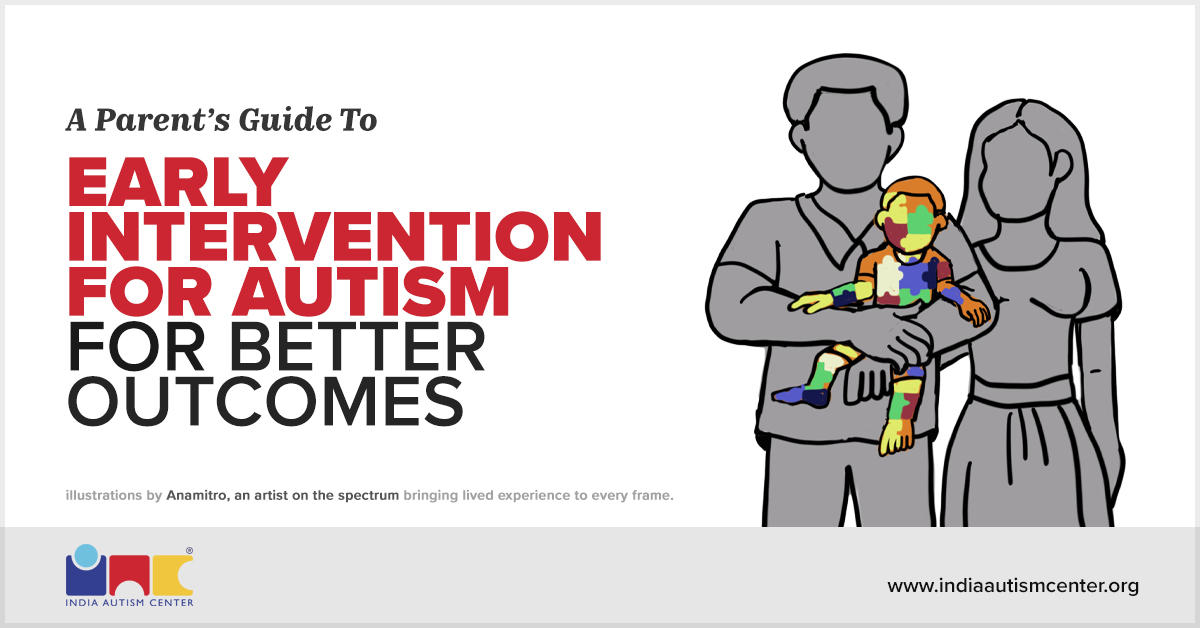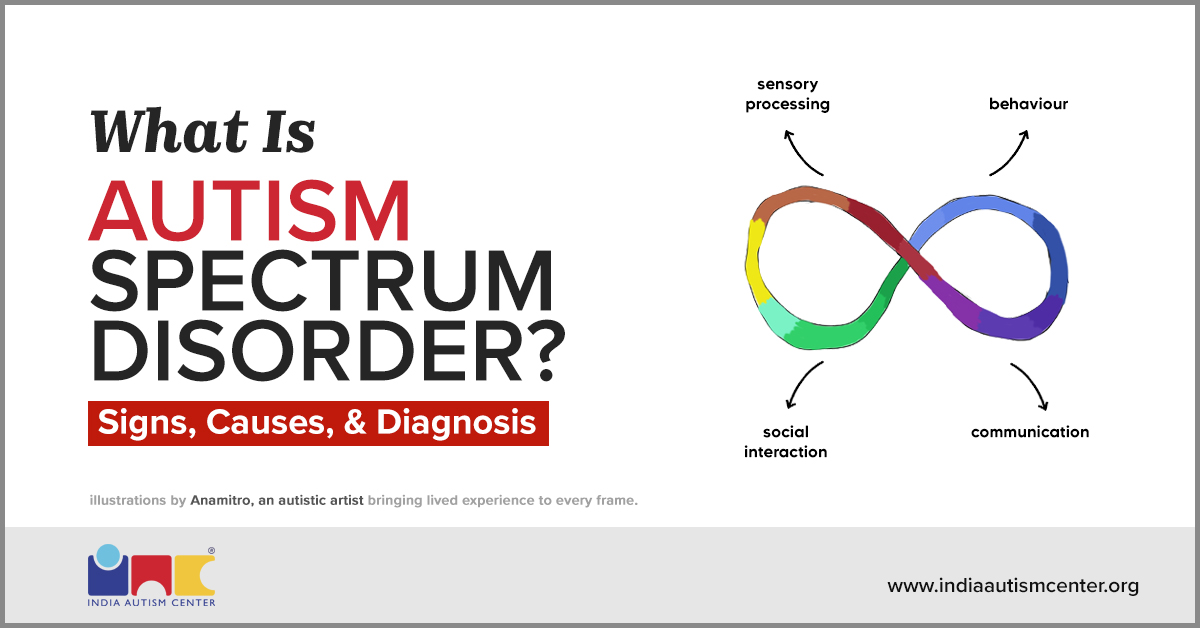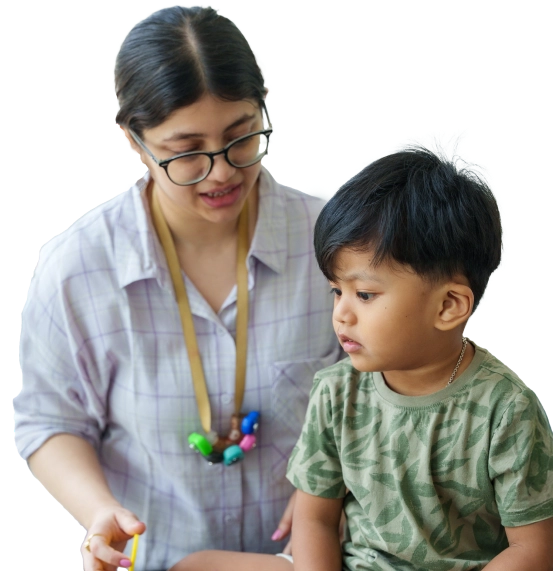Autism Spectrum Disorder (ASD) is a neurodevelopmental disorder marked by difficulties with social interaction, communication, and repetitive behaviors.
Playing with other children is essential for all kids as it promotes social, emotional, and cognitive development. It fosters children’s creativity, problem-solving abilities, and the development of critical social skills like empathy and cooperation.
Understanding Autism
The complex neurodevelopmental disorder known as autism spectrum disorder (ASD) is characterized by restricted and repetitive behaviors in addition to abnormalities in social communication and interaction. Difficulties with social communication, trouble interpreting nonverbal cues, and maintaining eye contact are common in children with autism.
A common trait of autistic people is sensory sensitivity, which can result in increased or decreased reactions to sensory stimuli. Sight, sound, touch, taste, smell, and other senses can all be affected by these sensitivities, impacting how autistic children perceive and engage with their surroundings.
Difficulties interpreting social cues and maneuvering through social situations successfully can lead to social interaction challenges.
Importance of Playing for Autistic Children
Playing with other children is a fundamental tool for autistic children to develop essential social skills and communication abilities. Play therapy for autism helps children navigate social interactions, practice turn-taking, and understand emotions, which are crucial for building meaningful relationships.
Both structured and unstructured games offer numerous benefits for autistic children. Structured games for autistic kids provide predictability and routine, helping them feel secure and engaged. On the other hand, unstructured play encourages creativity, flexibility, and exploration, fostering cognitive and emotional development.
Playing games, especially those that involve toys for autistic kids, can be a powerful tool for reducing anxiety and promoting sensory integration in autistic children.
Engaging in autism play therapies allows them to regulate their sensory experiences. It will enable them to explore different textures, sounds, and movements in a controlled environment.
This sensory exploration can help them desensitize to overwhelming stimuli and enhance their ability to cope with sensory challenges, ultimately contributing to improved self-regulation and overall well-being.
Tips for Playing with an Autistic Child
Autism and play therapy go hand in hand. Here are some useful tips:
1. Create a Structured Environment
- Regularity and predictability give autistic kids a sense of security and stability, which lowers anxiety and encourages participation during playtime.
- Establishing a secure, tranquil, distraction-free play area reduces sensory overload and promotes concentrated, pleasurable playtimes.
2. Follow the Child’s Lead
- Caregivers can encourage active participation and enjoyment by customizing play activities to match the child’s interests and preferences.
- Adapting autistic play to align with a child’s focus is crucial for creating a play environment that is both supportive and empowering, promoting creativity and exploration.
3. Use Visual Supports
- Picture cards or visual schedules give autistic kids distinct visual cues that help them comprehend transitions and expectations during playtime. They also help lower anxiety and increase independence.
- Using visual aids during play, like picture books or visual cues, can improve understanding and communication while encouraging participation and interaction.
4. Incorporate Sensory Activities
- In order to create a supportive play environment that respects the child’s sensory preferences and does not overstimulate them, it is essential to understand the child’s sensitivities.
- Playing experiences rich in senses and customized to meet the child’s needs can help control their sensory experiences. They will encourage playtime enjoyment, engagement, and relaxation.
5. Practice Patience and Acceptance
- Building rapport and trust with children requires acknowledging and embracing their behaviors. This creates a safe and encouraging environment where the child feels appreciated and understood.
- Playing with children can be enjoyable and stress-free when you are patient and respect their pace and comfort level. Your patience will teach the children empathy and respect.
6. Foster Communication and Social Skills
- One can use play therapy for ASD to encourage verbal and nonverbal communication. It involves creating opportunities for the child to express themselves through words, gestures, or alternative communication methods. Thus fostering language development and self-expression.
- Promoting turn-taking and cooperation through play activities encourages the child to engage in reciprocal interactions, practice sharing and waiting for their turn, and develop essential social skills necessary for building friendships and relationships.
7. Celebrate Progress and Achievement
- Acknowledging and complimenting a child for any effort, no matter how tiny increases their self-worth and confidence. It creates a feeling of success and inspires them to continue with play activities.
- A positive and encouraging play environment creates a nurturing environment where the child feels respected, valued, and encouraged to explore and grow.
Conclusion
In conclusion, playing with kids who have autism requires tolerance, comprehension, and inventiveness.
Caretakers and teachers can implement the advice given here to foster developmentally and psychologically beneficial play experiences for their children.
Let’s work together to make sure all kids get the chance to flourish and tap into their full potential.


